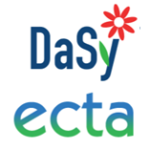
May 21, 2024. Materials now available. Questioning where to start with or how to improve your child find data? DaSy and ECTA hosted this three-part online working series that started with the basic reporting requirements related to child find for Part C and Part B 619
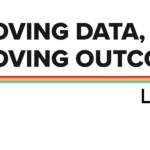
August 25-30, 2024 at the InterContinental New Orleans Hotel in Louisiana. Connect, learn from other states, network with peers, and hear the latest early childhood updates from the federal agencies.
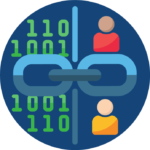
DaSy and one state’s journey to link IDEA Part C and Part B 619 datasets to enable analyses and provide a deeper understanding of how children transition from one program to the other.
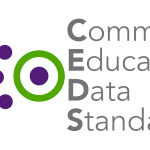
Explore the Connections tailored for Part C indicators, glean insights from a national early learning organization, and uncover additional CEDS early learning resources.
Discover how over 55 elements with standardized definitions, developed by early learning SMEs, can streamline your Part C reporting.
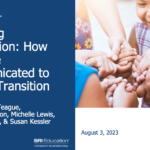
Effective data communication plays a pivotal role in ensuring seamless transitions for children moving from one educational program to another.
This tool can be used to chart the child outcomes summary statements (Indicator C3/B7) over time. It displays trends in child outcomes in the form of line charts, which makes it easy to track progress and interpret the data.

Are you looking for an easy tool to help you begin analyzing your data? In this video tutorial series, you will learn about the pivot table, a powerful tool in Microsoft Excel that lets you quickly slice and dice your data in numerous ways. You will never look at data analysis the same way again!
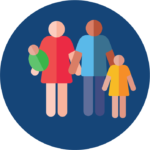
April 2024. DaSy and ECTA staff discuss FFY 2021 results from the Indicator C4 Family Outcomes data, including state approaches to surveys, data quality, performance trends, and resources.

This is a resource for Part C and Part B 619 program staff looking to share or link their IDEA Part C to Part B 619 transition notification data. This resource contains both an example use case and a sample template for states and territories to use.

Updated for 2024! We asked DaSy experts for tools that are helpful for this season and for ways to prepare for what’s ahead.









